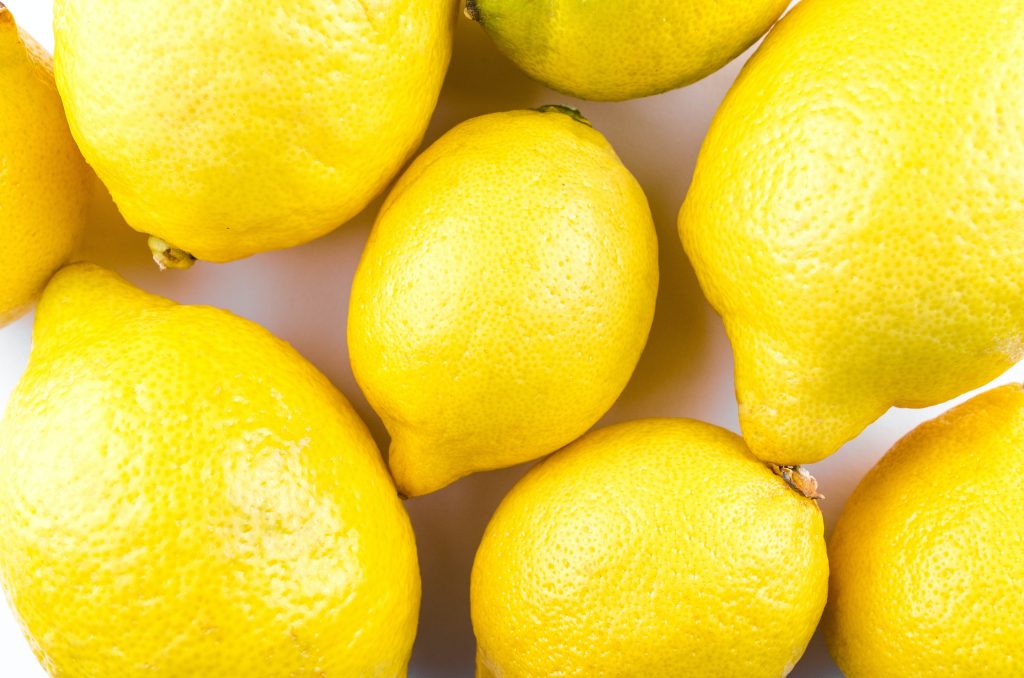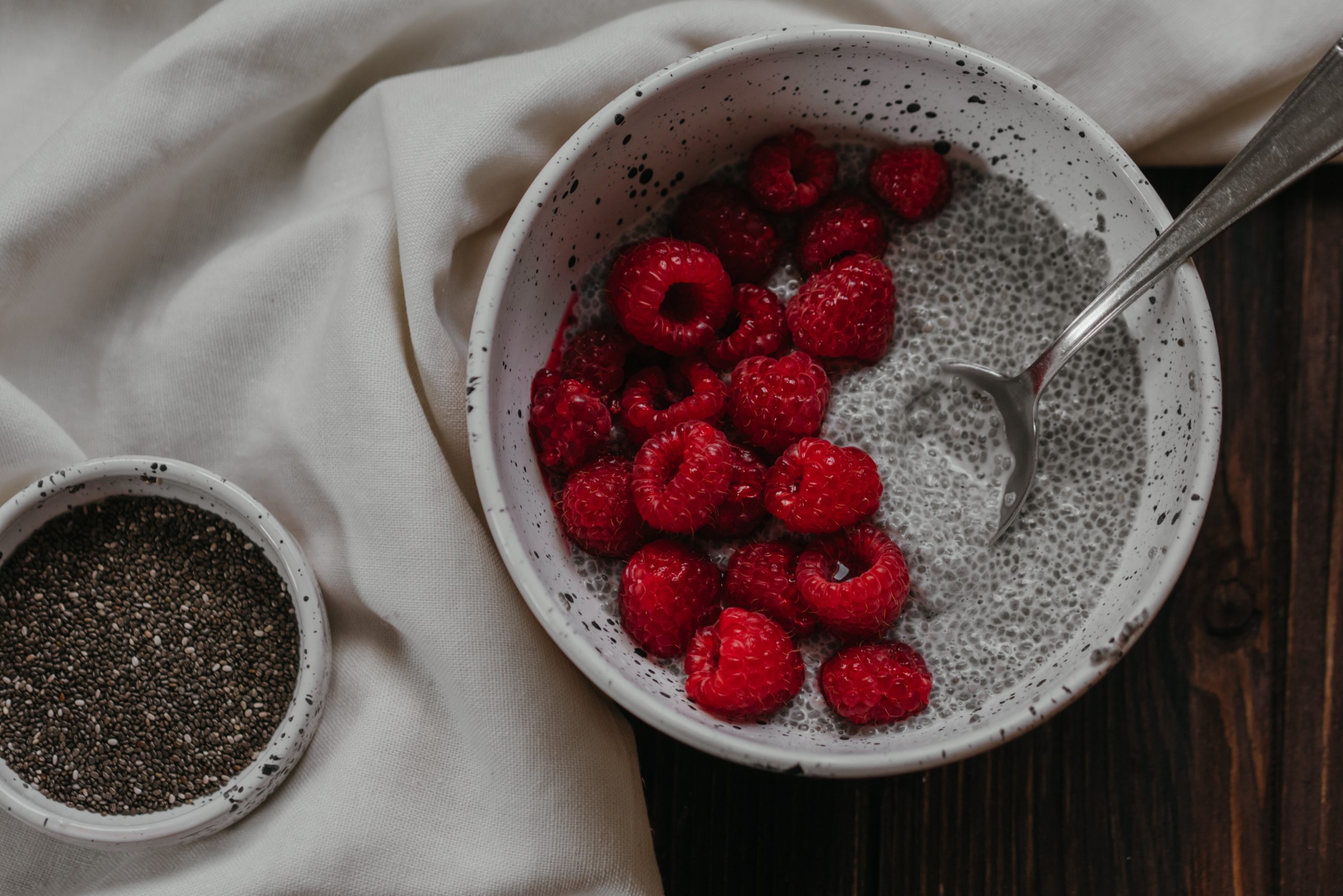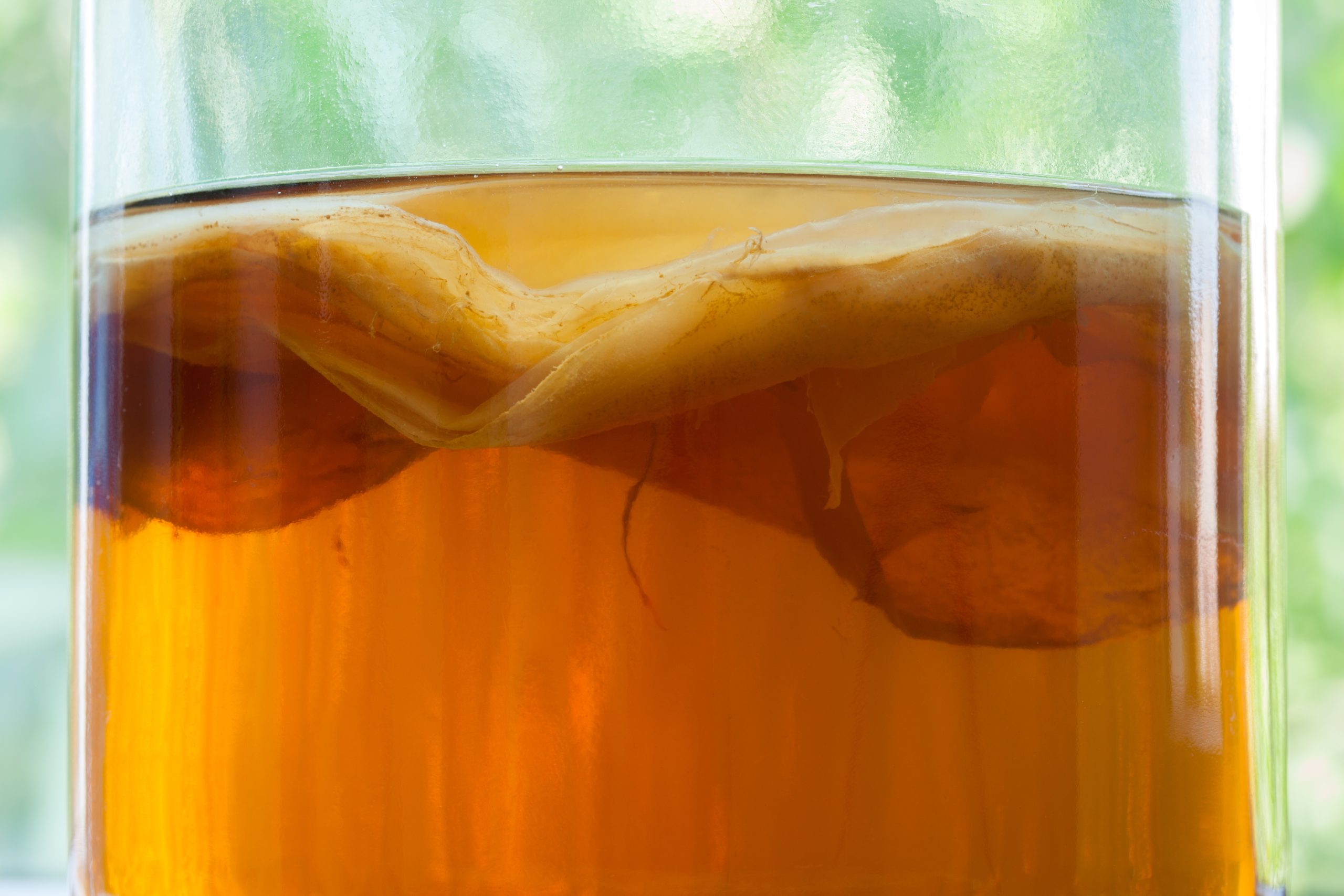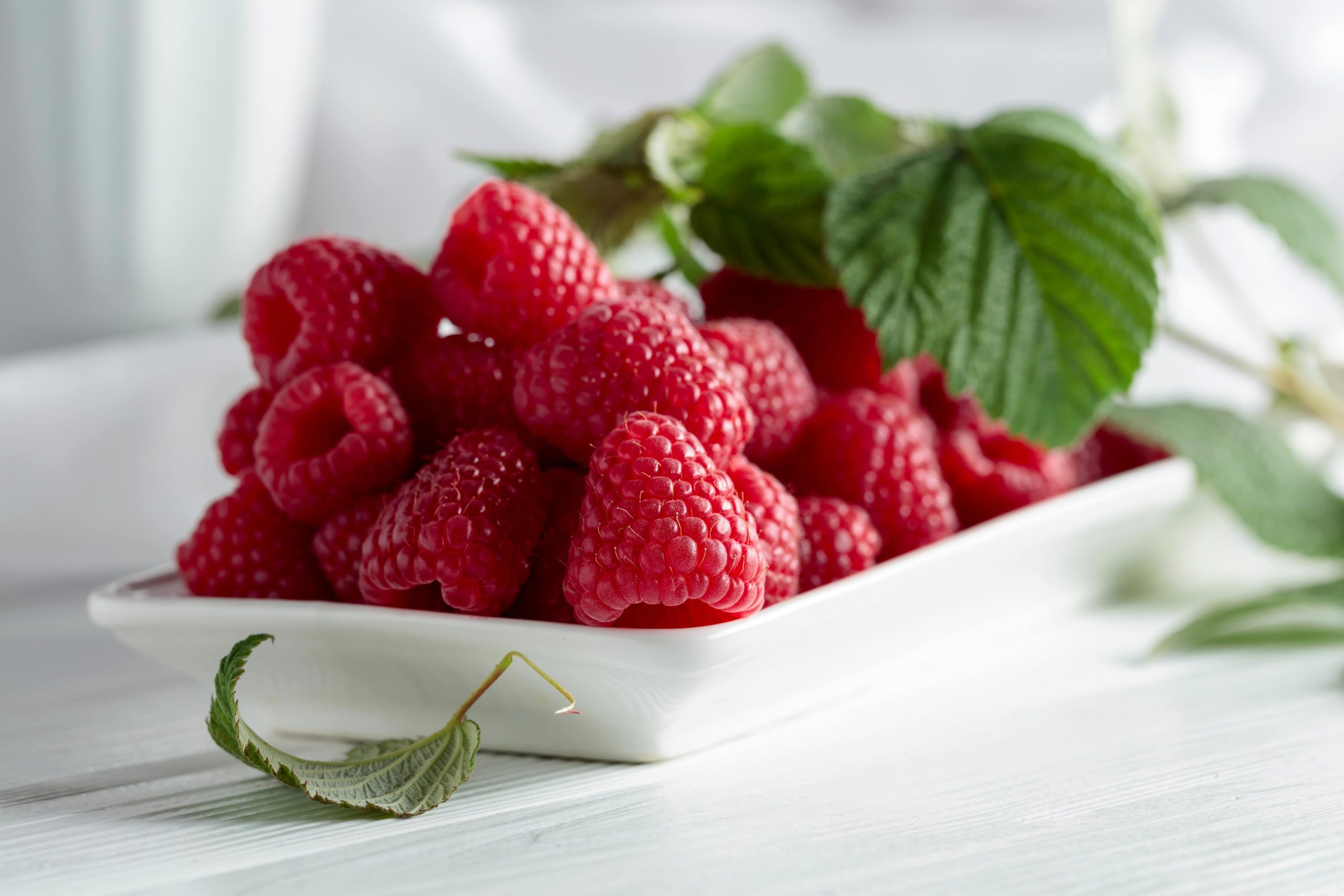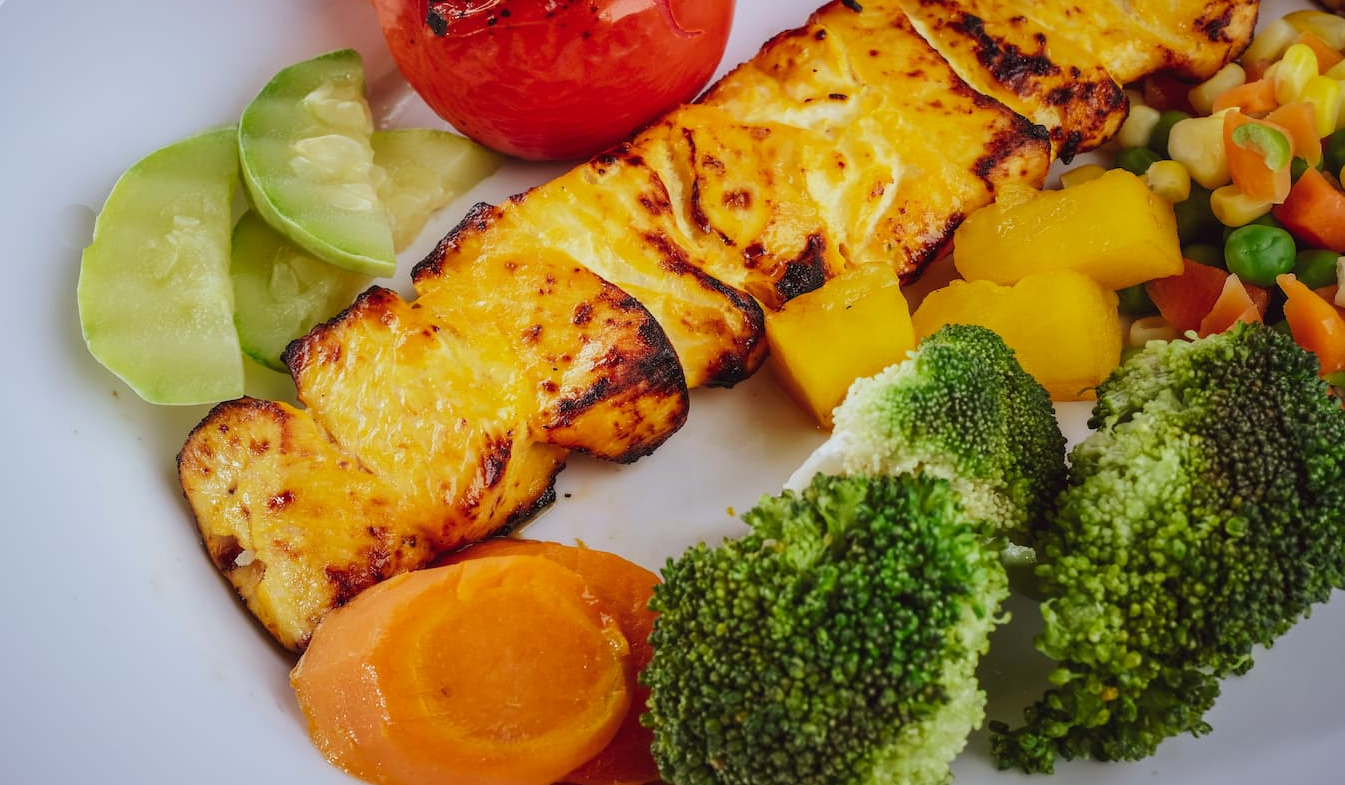Lemons have been quite popular for their unique qualities for thousands of years. In many ancient civilizations, like Egypt and Rome, lemons were used for medical purposes. Lemon juice and lemon oil were used to treat common ailments such as colds or fevers, and ancient Egyptians regularly took lemon juice to protect themselves from poisoning. Whether this applied to food poisoning or deliberate poisoning with the intent to kill is uncertain, but one thing is clear – the Egyptians used lemons to protect their health. The ancient Greeks and Romans also believed that lemons or lemon juice could be used to help people survive a snake bite.
Nowadays, lemons are also associated with health and well-being. Although you might not eat the yellow fruits in large quantities because of the sour taste, they are a good source of vitamin C and can help you absorb iron, which is especially important if you’re on a vegetarian diet. A squeeze of lemon on the dish also helps to emphasize the flavor and is a good substitute for salt if you need to cut down on it. So don’t be in a hurry to give up lemon, try it in action.
Lemon – Nutrition facts

Lemons are low in calories, have a small amount of protein, and almost no fat. Also, have a good amount of carbs, and low fiber content. Lemons have low sugar and low glycemic index which is good for your blood sugar level.
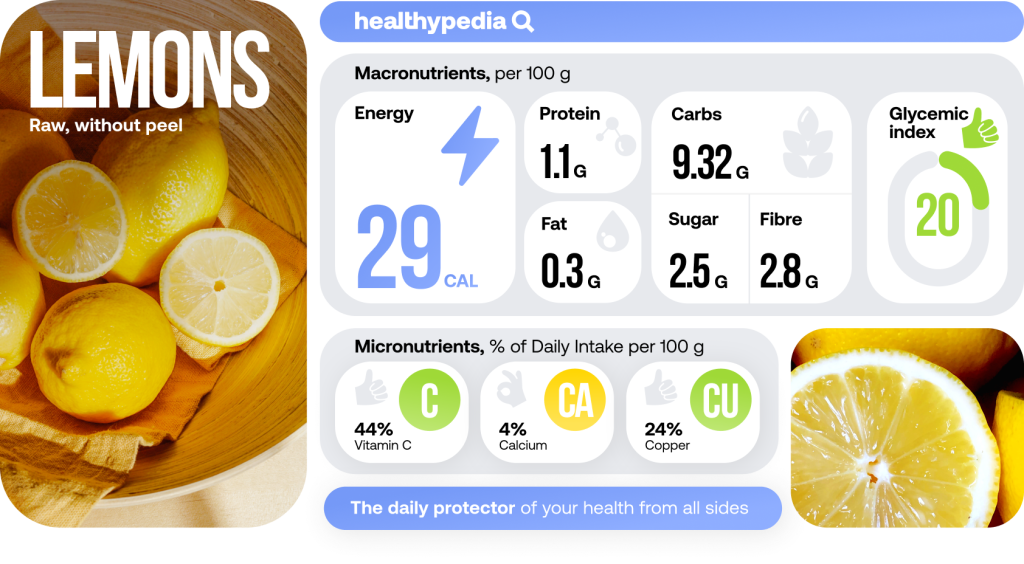

Lemon’s good news. What is their power?

1Antibacterial properties
The high Vitamin C content in lemons can strengthen the immune system and protect against unhealthy bacteria. No wonder lemon tea is a cold remedy!
Moreover, the high Vitamin C of a single lemon can fulfill nearly 25% of your daily intake of the vitamin. This can reduce symptoms of insufficient Vitamin C, like dry mouth and eyes, tiredness, and insomnia.
2Protects against kidney stones
Kidney stones are small, painful, lumps that form in the kidneys when waste products accumulate and crystallize in the organ. Lemons are high in citric acid, which prevents kidney stones by increasing the pH of the kidneys, thereby creating a less favorable environment for the formation of kidney stones.
If you have developed kidney stones already, just half a cup (125ml) of lemon juice per day can provide enough citric acid to reduce symptoms.
3Prevents anemia
Anemia is the deficiency of iron. Iron deficiency can lead to fatigue, dizziness and even chronic pain in extreme cases. Lemons do not contain significant amounts of iron, however dramatically improve the absorption of iron from plant foods. This is particularly important since the body cannot as easily absorb iron from plant sources (non-heme iron) versus iron from meat sources like chicken and fish (heme iron).
The more lemon, the more iron!
4Improves your digestion
Lemons contain high concentrations of soluble fibers that maintain healthy bowel movements and digestion. This fiber is called pectin, and improves gut health by increasing the digestion rate of starch and sugar.
Starting your day with a glass of water and lemon juice can kick-start your digestion process!
5Makes your skin beautiful
The high concentrations of Vitamin C in lemons generate collagen, which promotes a plump and youthful look for our skin. Collagen also helps clear skin from impurities and encourages skin hydration.
Lemon. Sour news

Lemons are generally well tolerated, but citrus fruit may cause skin irritation in some people
Skin irritation is the most common side effect of using fruit acids. Lemon is very acidic, which can cause skin irritation.
You might experience excessive dryness, redness, and skin peeling. These effects can be worse if you have sensitive skin.
How to manage
A person with a citrus allergy should exclude citrus fruit from their diet. Even touching citrus fruit, particularly lemons, should be avoided. Citrus fruits can also be found in personal care products, such as toothpaste. Cosmetics and perfumes often contain limonene, a compound found in citrus peels that can cause contact dermatitis. Be careful when using products that include lemon in their composition.
Lemons: Fun facts
-
The peel, pith, and seeds of lemons contain five times more nutrients than the pulp we usually use for lemon water
-
Lemons are fantastic cleaning agents and have been used as a natural cleaning product for centuries. This is because of their high acidity which can act as a powerful stain-remover.
Lemons in the Blue Zones
Lemon is essential in the diet of Blue Zone people. Long-livers from Ikaria, Greece, add it almost everywhere. It revs up the metabolism and helps with digestion, and is one of the good sources of vitamin C.
Lemons. Experiment by our expert
 Nutrition
Nutritionscore Blood glucose
trend
Healthypedia editors insisted that I have to eat, not squeezed, two lemons. It was a real challenge. Eating two lemons with peel, seeds etc. You can do it yourself if you don’t believe 🙂
The result of my body reaction is self-explanatory. Lemon doesn’t influence my blood glucose and metabolically neutral. The Nutrition score for lemon is 10 out of 10. Good confirmation that my lemon water every morning is a good thing.
Strongly recommend!
How to implement lemons into your diet. Five easy ways

1. Lemon water in the morning, remember don’t heat up your water to get the Vitamin C
2. Lemon juice in salad dressings
3. Tea with lemon is, tasty addition to your winter tea ceremony
4. Lemonade, especially on a hot day
5. Lemon pie of course!
Let’s sum lemons up

Lemons are your body’s trusted friends that bring a lot of positive effects. Add them to your diet to have a good helping of vitamin C in order to have healthy skin, hair, and digestive system. They prevent anemia, protect you from kidney stones and boost antibacterial processes in your body.
Not enough? Here are some more from our colleagues!
Here is a short and informative video from Dr. Eric Berg, a physician specializing in Healthy Ketosis & Intermittent Fasting, on healthy lemon consumption habits. Dr. Eric Berg breaks down complex health topics into easy-to-understand, actionable knowledge.

